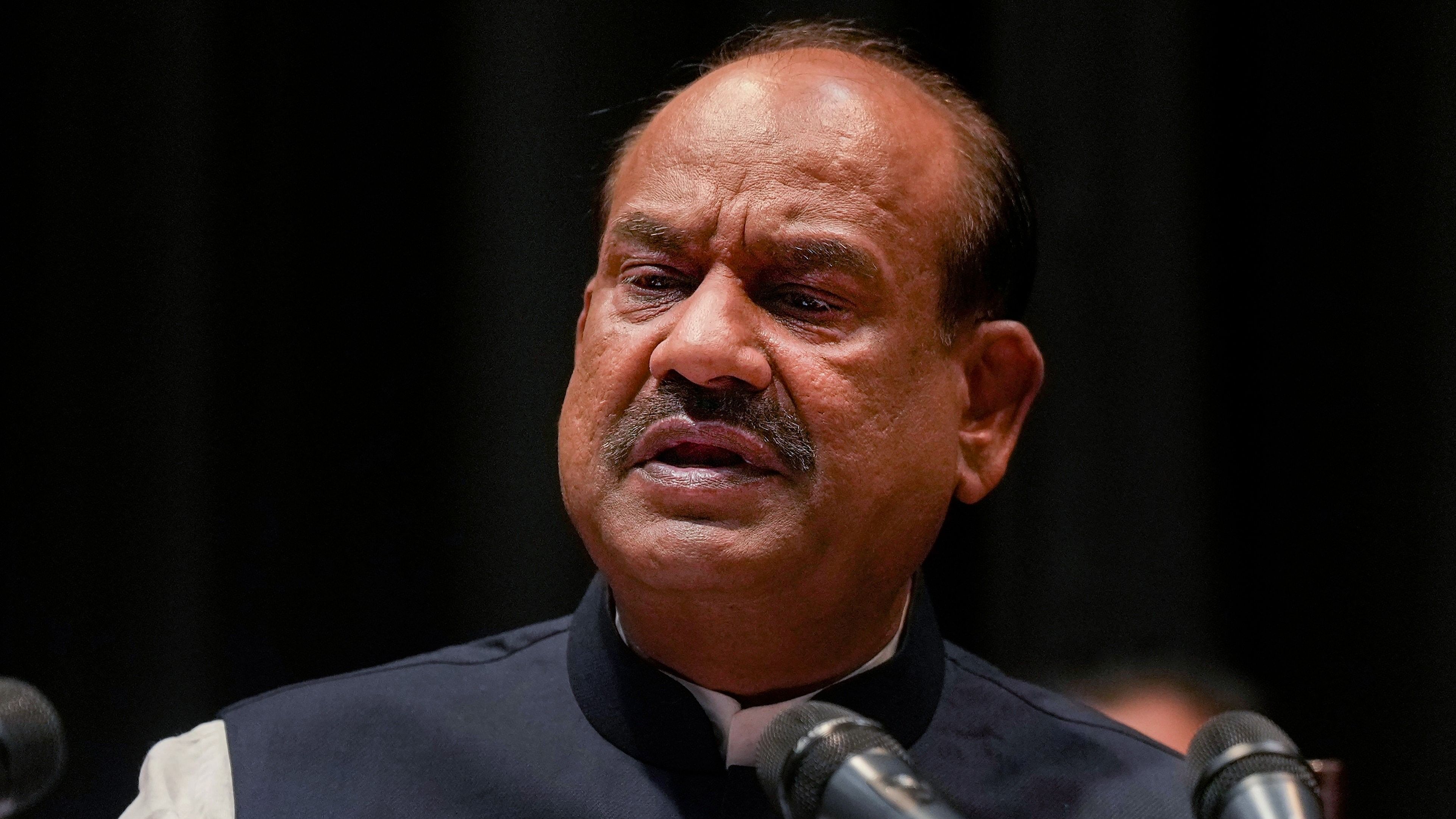
Lok Sabha Speaker Om Birla
Credit: PTI Photo
New Delhi: Lok Sabha Speaker Om Birla on Monday made a strong pitch for an appropriate regulatory system for safeguarding data privacy, ensuring proper use of Artificial Intelligence and equitable sharing of benefits of technology.
Addressing the 149th Assembly of the Inter-Parliamentary Union in Geneva, Birla said India has always been a strong proponent of multilateralism and asserted that dialogue and cooperation amongst parliaments in the field of science, technology and innovation was vital for common good.
The theme of the IPU Assembly is 'Harnessing science, technology and innovation for a more peaceful and sustainable future'.
The Lok Sabha speaker was unequivocal in stating that the collective endeavour of parliaments across the world should be in place to ensure fair and equitable distribution of the benefits of science, technology and innovation and urged the multilateral forum to deliberate on such issues.
He expressed hope that through a forum such as the IPU, Parliaments would be able to pave the way for inclusive development in the world through shared action plans and joint efforts.
Birla called for the convergence of technological advancements, scientific research and innovative approaches so that the fruits of such advancements were shared equitably and leveraged responsibly to build a future that is inclusive, resilient and peaceful.
On mitigating the impact of climate change, Birla said in the last decade, India's renewable energy capacity has increased from 76 GW to 203 GW.
He said initiatives such as Green Hydrogen Mission, International Solar Alliance, Bio-Fuel Alliance underscored India's commitment to address climate change.
Birla said that the issues of climate change and sustainable development goals had been discussed at length in Parliament.
He also noted that utmost use of green technology had been ensured in the construction of the new building which speaks of our commitment to green energy.
Founded in 1880, the IPU is the global organisation of national parliaments with over 180 members and 15 regional parliamentary bodies.